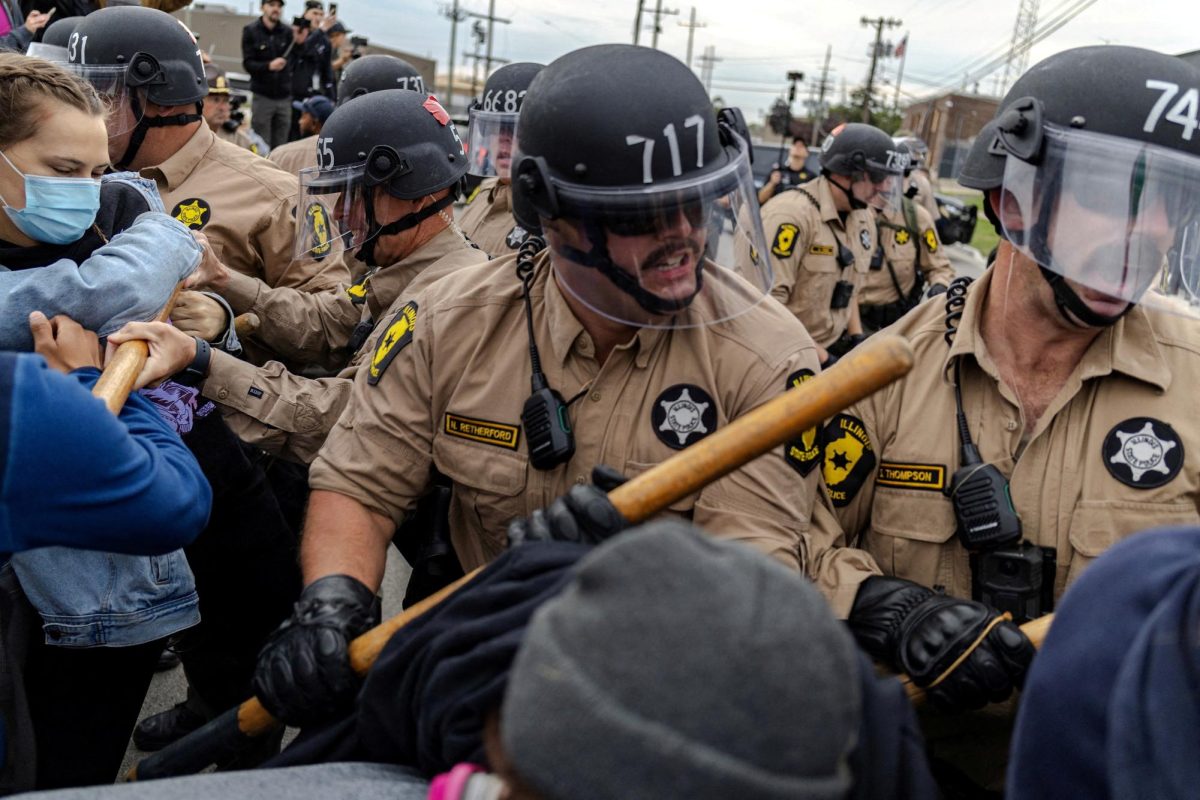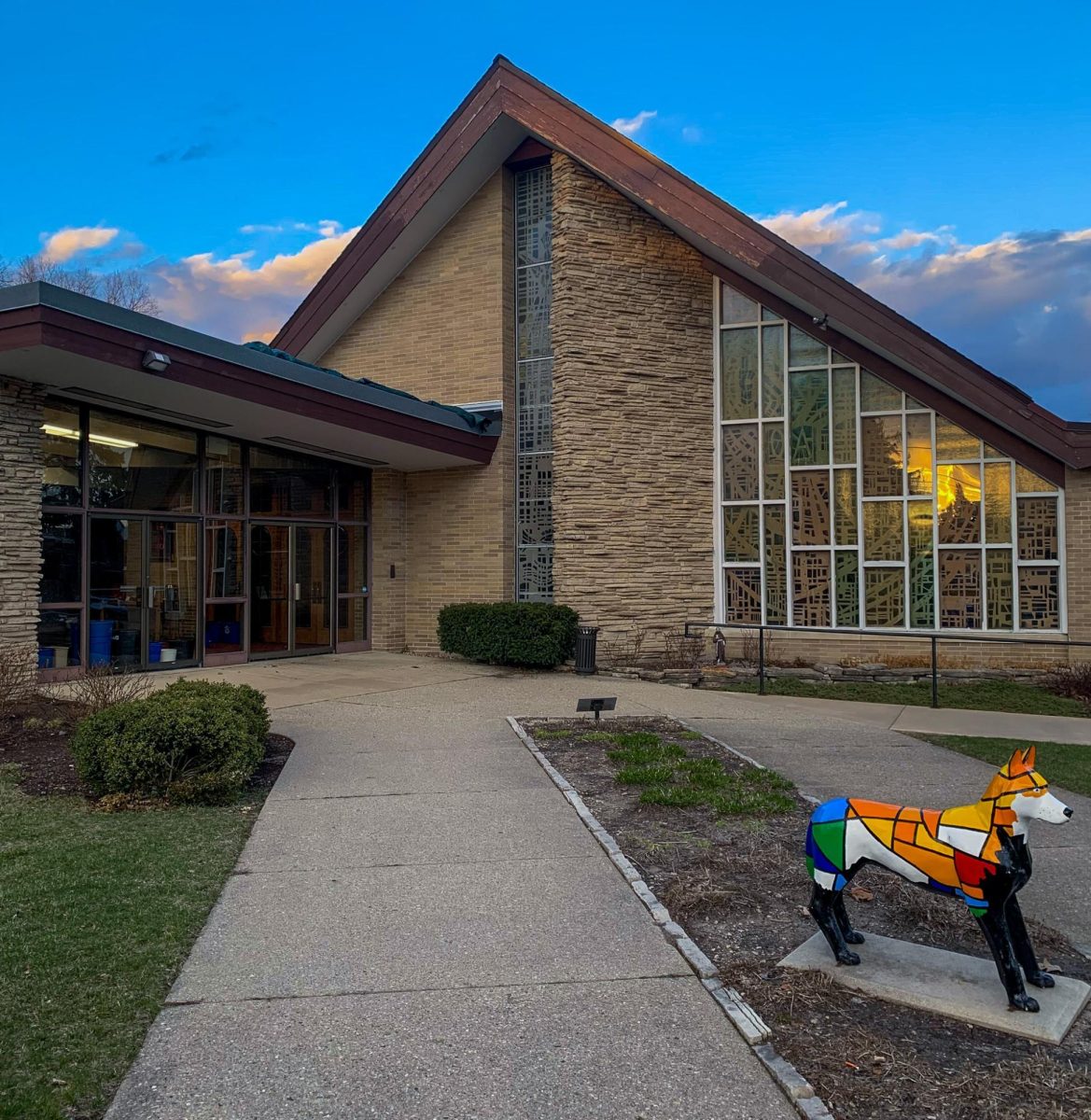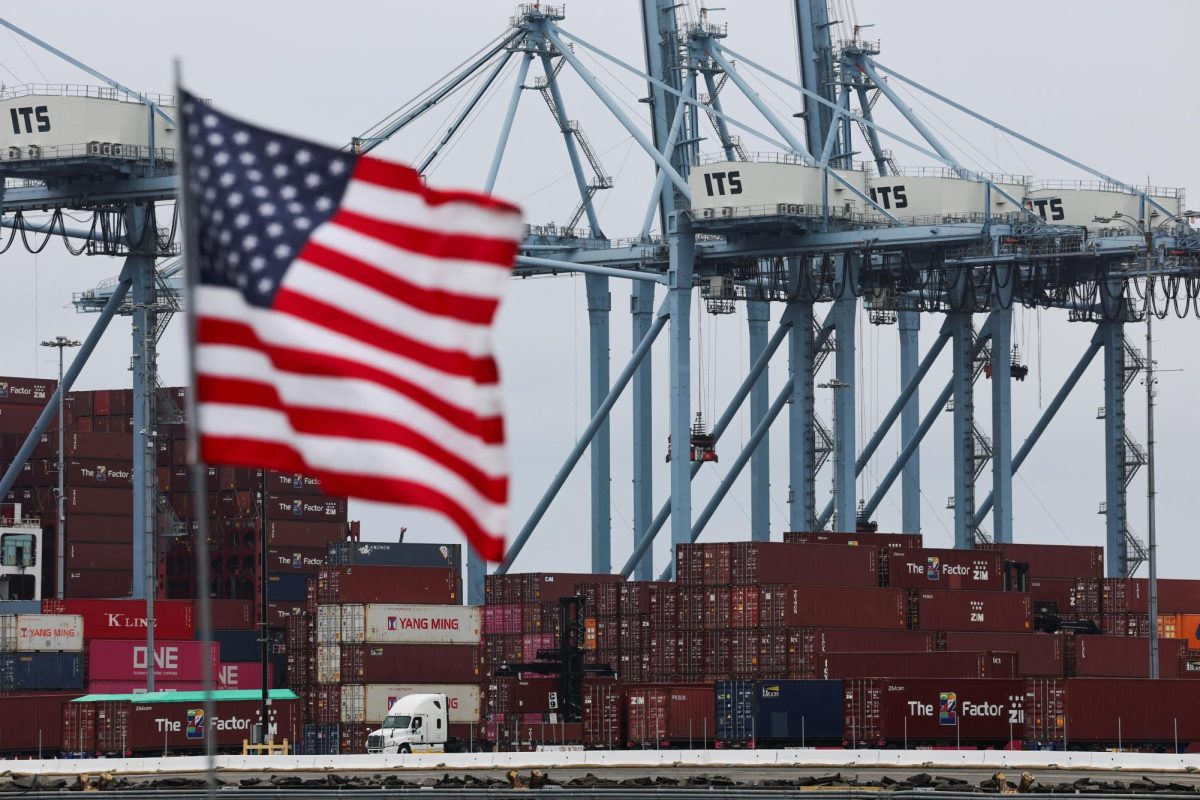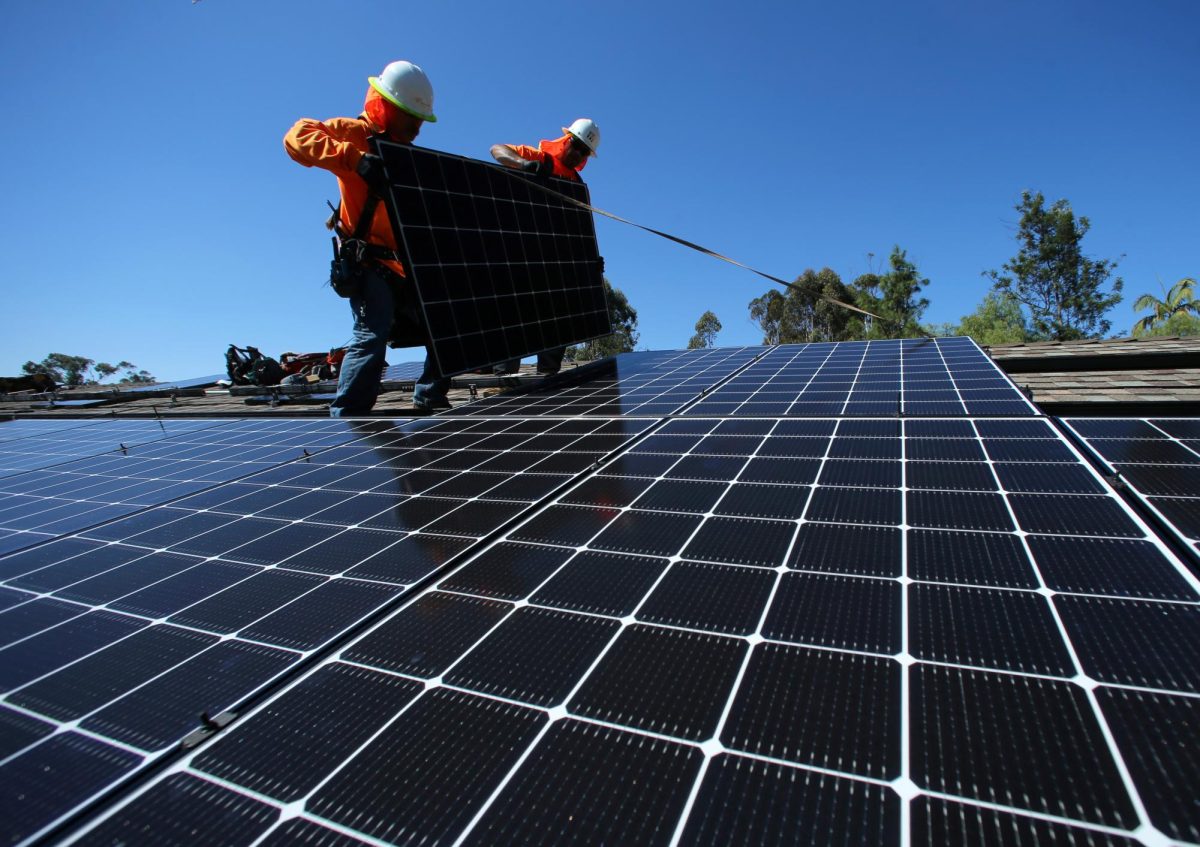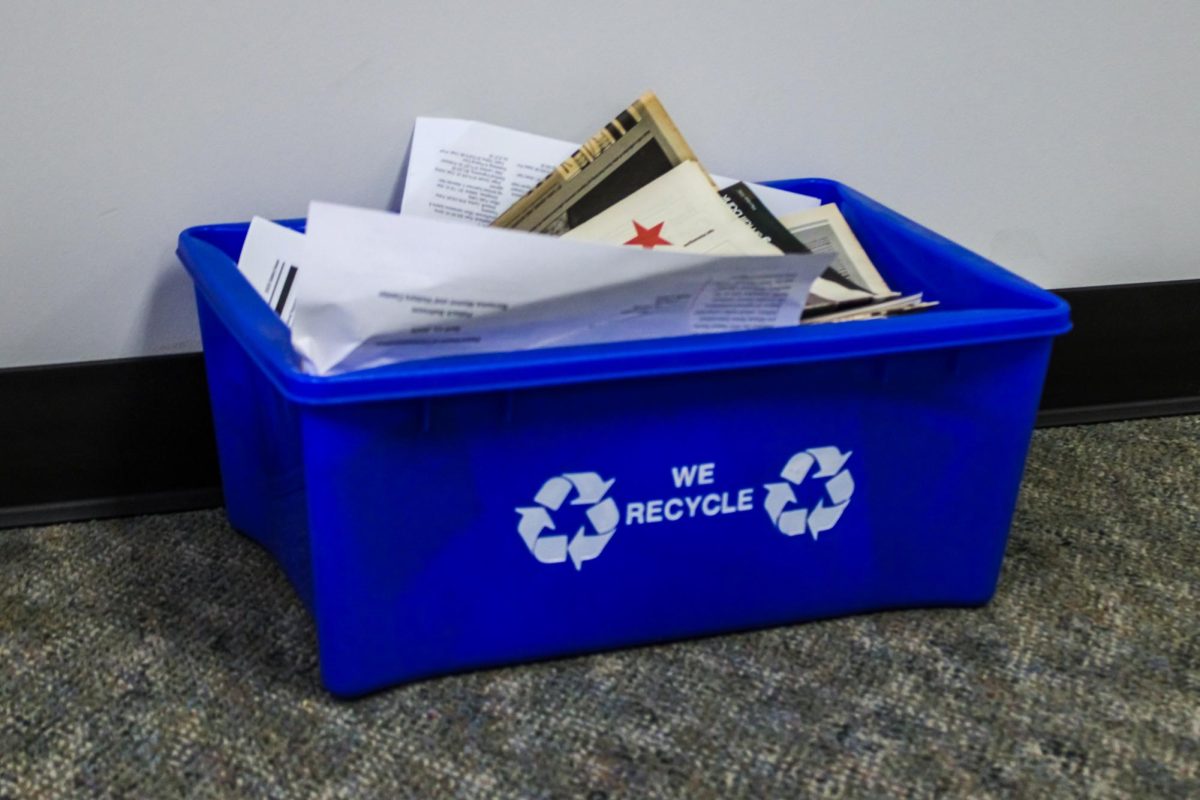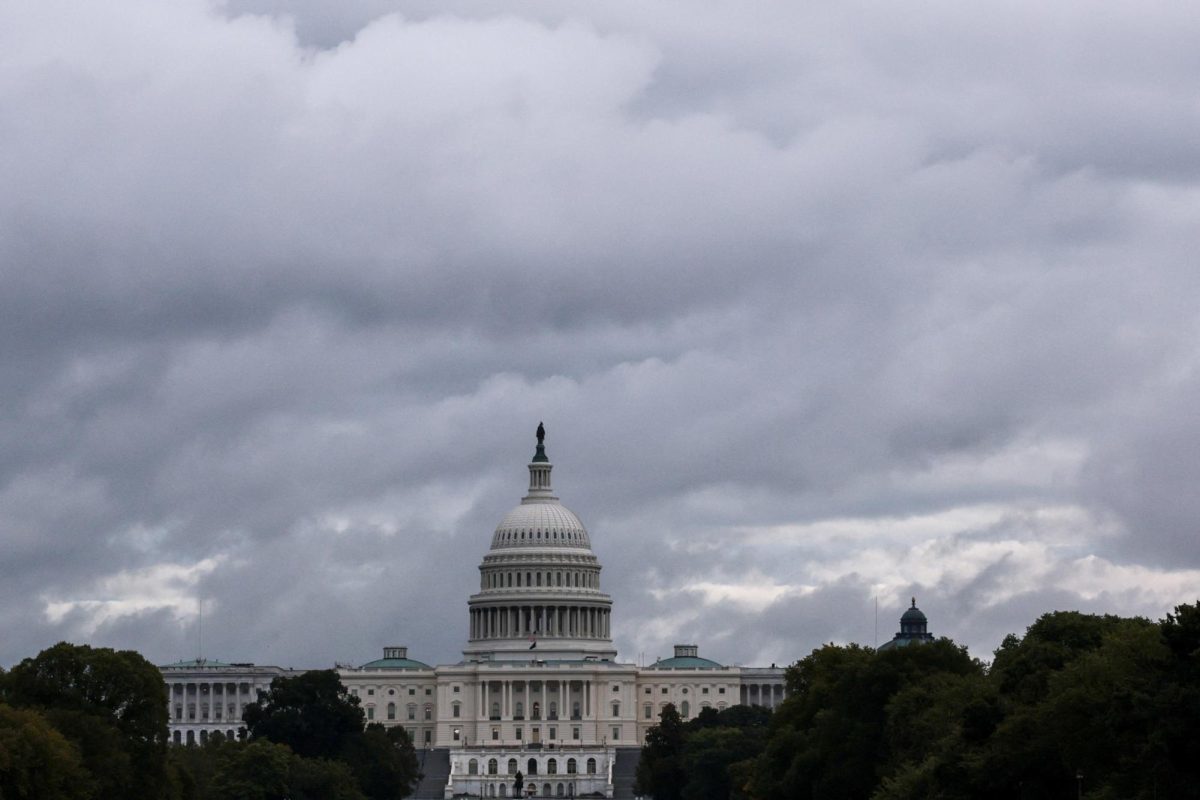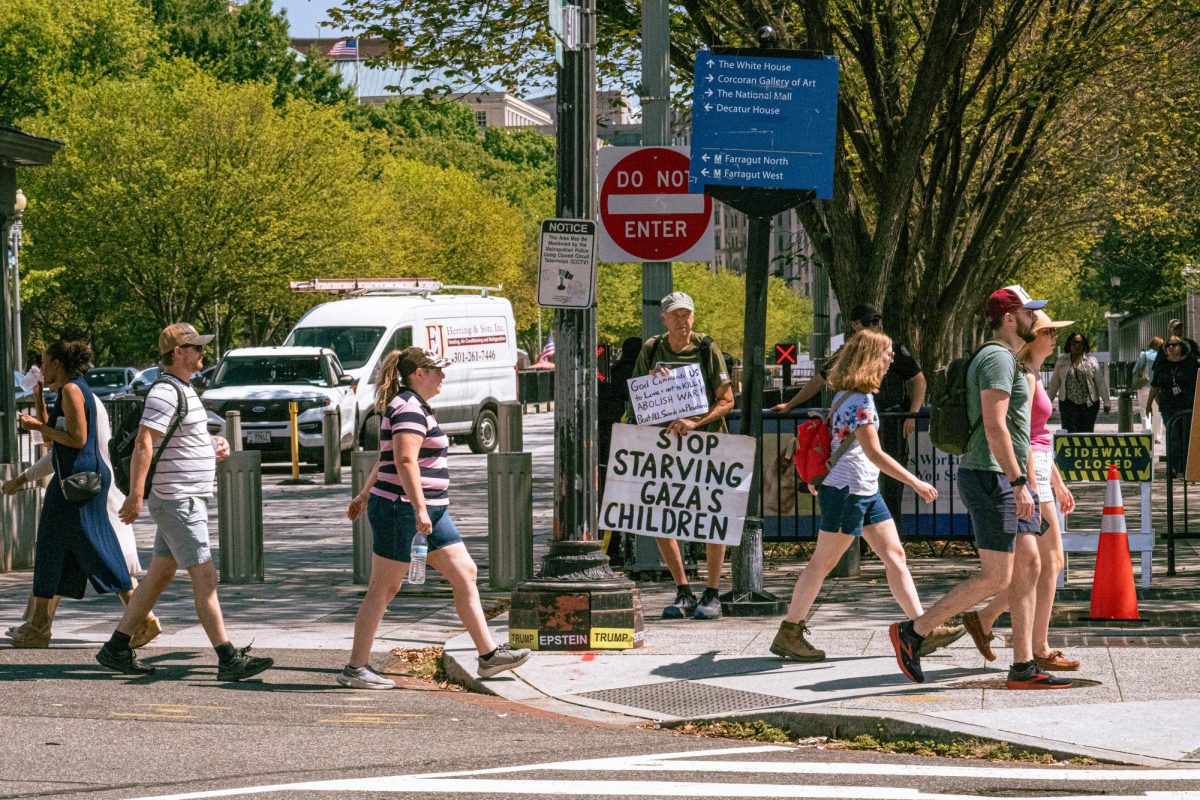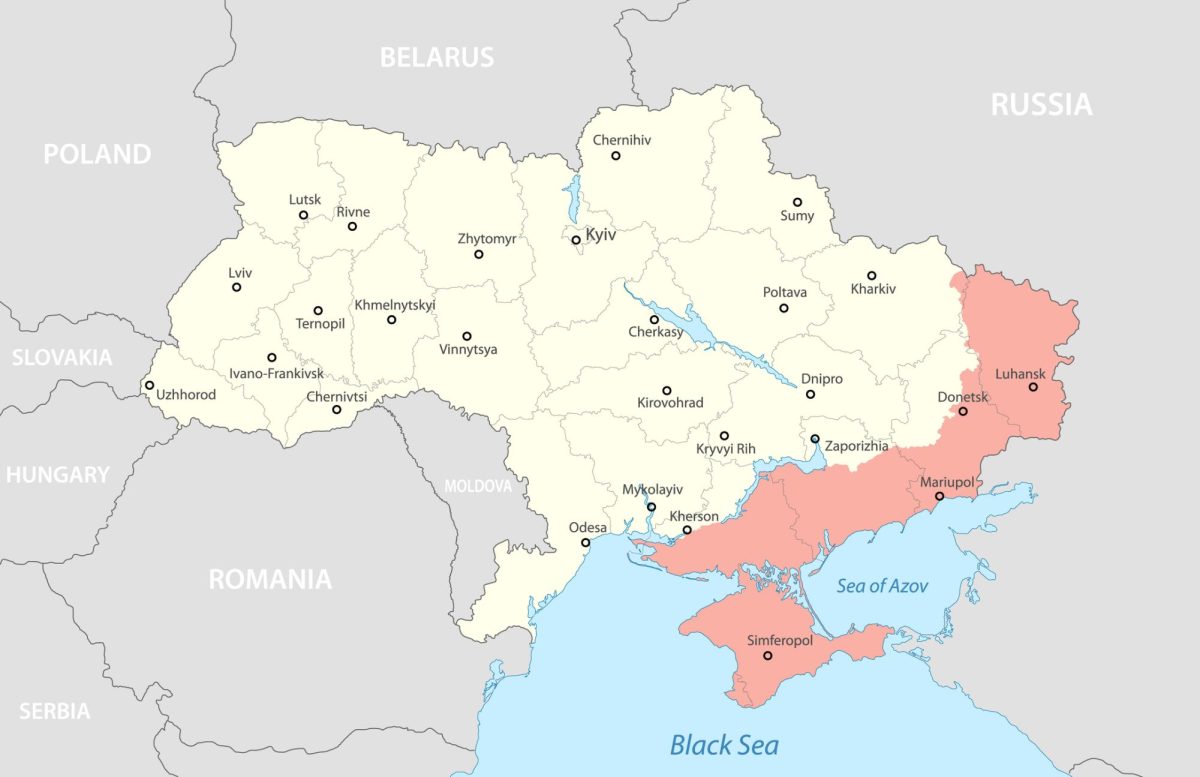While the coverage of climate change is nothing particularly new, the pressing issue doesn’t match actions taken for resolution. We shouldn’t wait for more chaotic weather to arise to prioritize prevention of the climate crisis – it may be too late then.
While 37% of Americans think addressing climate change should be the top priority in terms of policies – 34% consider it a lower priority, 17% don’t think it’s important and 11% don’t think anything should be done about the climate issue, according to Pew Research.
Just recently, northwest Illinois experienced summer-like, record warmth and severe thunderstorms in the late afternoon on Feb. 27, devolving into 11 tornados spread throughout the east Chicago metro area, according to the National Weather Service.
This marks the fourth occurrence of a February tornado in the area since the National Weather Service began recording data in 1950. The previous instances were in 2006, 2017 and 2023.
Matthew Turn, a junior human resource management major, is concerned about the recent weather shift.
“At least in my recent memory, I don’t remember any tornadoes happening in February of all time,” Turn said. “So just the fact that tornadoes in tornado season are getting bigger and longer and starting earlier, is kind of concerning because that can affect a lot of people when it comes to it. Their homes get destroyed or like land gets destroyed because of that.”
Despite the natural variability that occurs in weather — these anomalies cannot be ignored.
One of the largest 24-hour temperature drops — falling 54 degrees and 60 degrees — also occurred in Chicago and Rockford right after the night of the heat-induced tornado touchdowns, according to the National Weather Service.
Allison Michaelis, an assistant professor in earth, atmosphere and environment with research emphases in meteorology and climate change, highlights the importance of staying informed about recent weather anomalies.
“Paying attention to the weather, in general, is a good idea for just having that situational awareness, especially when things happen out of their climatological norm,” Michaelis said. “Having this many tornadoes, this early in the season was a bit of a wild ride. That’s for sure. It’s also important to keep comparing it to climatology, and over time, see if that climatology is shifting in any way.”
Last year, 2023, was the hottest year on record exceeding the preindustrial average by 2.43 degrees, according to the National Oceanic and Atmospheric Administration.
Climate change ramifications related to the warming of the planet can be seen when we observe the recent firestorm in Hawaii, Hurricane Idalia, and hail storms in Minnesota.
The dilemma lies in the fact that civilization has evolved from just living off the nature around us to an era overpowered by capitalization, where fossil fuels are deemed necessary for sustaining our current way of life and society, despite being the biggest contributor to the climate crisis.
Everything we do is reliant on fossil fuels; the only way we can move forward is by going backward.
“It really just kind of comes down to if we would rather put money over our environment, our world, and how we’re affecting it. And right now, that’s kind of the case,” Turn said.
The information is clear and fairly straightforward about what contributes to climate change and the solutions to prevent it, but the urgency and pursuit of prevention is not the highest priority until it becomes more widespread and demanded in terms of policy.
“Moving towards, rather than gas stations every mile or two, having Eevee charging stations, that’s a huge infrastructure lift that’s getting better and better, but it’s something that can’t happen overnight,” Michaelis said. “There’s a lot of things that go into politics behind the scenes, but at the end of the day, they’re the ones having to put bills forward or give their stamp of approval and do things like that. So I would think broadly speaking, politicians have the most power to make it change.”
Everything humanity considers expansion is what has contributed to the deterioration of our planet. It is a true irony we can laugh about until our Earth ceases to exist, but making efforts to prevent that from happening might be a better idea.



